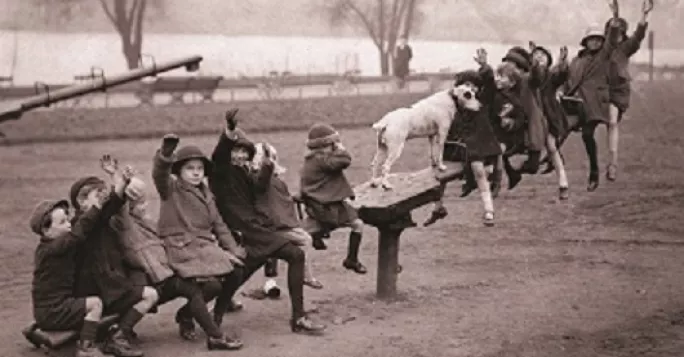How to avoid a parents’ revolt when mixing primary classes
The playgrounds of the nation’s primary schools are flooded with tears. Children are too upset to learn. The potential for life-long friendships has been scuppered. And all because a school wants to mix things up a bit each year when it comes to which classes students are placed in.
This is one of the viewpoints you have probably been treated to if you teach at the primary level at a school that changes class groupings for each academic year. While some schools keep the same 30 faces together for the seven years of primary school life, the majority don’t.
“Some parents stress endlessly about how their child will cope without their best friends,” writes Fiona Hughes in the 12 September issue of TES.
Hughes’ son has been torn from the side of his two closest confidants for the current academic year and she wanted to know why. So she interviewed parents and teachers from throughout the UK and beyond, and what she encountered was a bewildering array of motivations for the policy and equally variable responses to it.
She writes: “If we take the reasons for mixing first, explanations given by schools (according to other parents and primary teachers in other schools) include:
• Balancing ability levels
• Balancing Special Educational Needs and behaviour
• Achieving a good gender balance
• Separating difficult combinations of children
• Pairing children with teachers and support staff they are more likely to get on with
• Balancing numbers of parent volunteers
Taking just one of these considerations into account must present a minefield for teachers to navigate, but many schools attempt to balance more than one of the above factors.”
Responses to the class changes were varied. Leaving aside the Facebook statuses labeling class changes a human rights abuse, there were strong arguments on both sides.
On the negative side, strong points were made about the fact settling into a new class might detract from learning. However, Hughes found the counter argument more compelling.
“I heard a lot of positive stories of mixing - some felt it stopped clique-y groups developing, and others saw it as a good opportunity for their children to make new friends every year,” she writes. “Parents also felt more confident that their children would cope well with secondary school. And there was also the fact that children had a chance to reinvent themselves.”
That’s not to say she lets schools off the hook altogether. A recurrent theme was that schools simply do not communicate the reasons for class changes well enough to parents, so she offers a list of tips she hopes will minimise complaints in the future, which you can read in the 12 September issue of the magazine.
Read the full article in the 12 September edition of TES on your tablet or phone or by downloading the TES Reader app for Android or iOS. Or pick it up at all good newsagents.
Keep reading for just £1 per month
You've reached your limit of free articles this month. Subscribe for £1 per month for three months and get:
- Unlimited access to all Tes magazine content
- Exclusive subscriber-only stories
- Award-winning email newsletters




